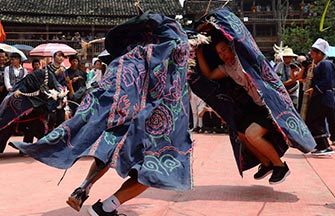New Chinese light shines on Hegel
By Wang Kaihao ( China Daily ) Updated: 2015-07-29 11:18:32Hegel is generally regarded as a crucial source and inspiration for Marxist thought in the 19th century, so his theories had special pride of place after New China was founded in 1949.
"Hegel may well have been the only blooming flower of Western philosophy in China before the 1980s (since 1949)," says 94-year-old Zhang Shiying, chief editor of the books.
Official studies of Hegel continued during the "cultural revolution" (1966-76), when many other Western philosophers were severely criticized in the country, Zhang says.
However, when Chinese scholars later became preoccupied with the idea of academic diversity, he says, many students switched to modern philosophers, and Hegel tended to be overlooked.
"Still, Hegel's rigid theoretical system is incomparable in classical Western philosophy," Zhang says.
"Though most Western philosophers after Hegel's death criticized him, many acknowledged that their ideas could be attributed to him. And there has been a revival of interest in Hegel in the West in recent years."
Related:
Chinese philosophy draws int'l students to summer school
'Philosopher' Petkovic finds her comfort zone
|
|
|
|
|
|
|
|




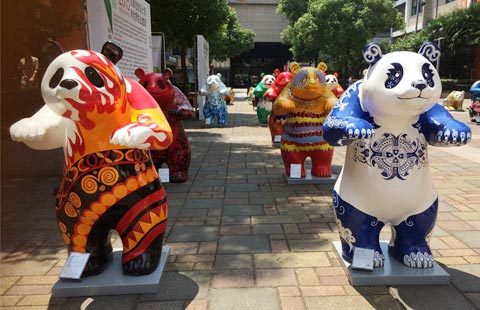

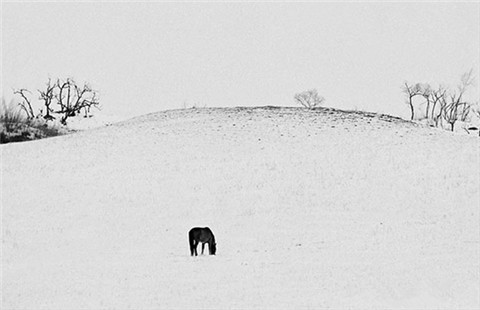










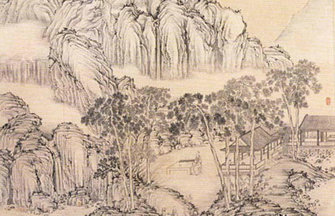

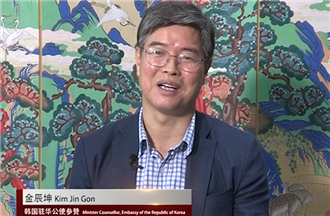

 Raymond Zhou:
Raymond Zhou: Pauline D Loh:
Pauline D Loh: Hot Pot
Hot Pot Eco China
Eco China China Dream
China Dream China Face
China Face



